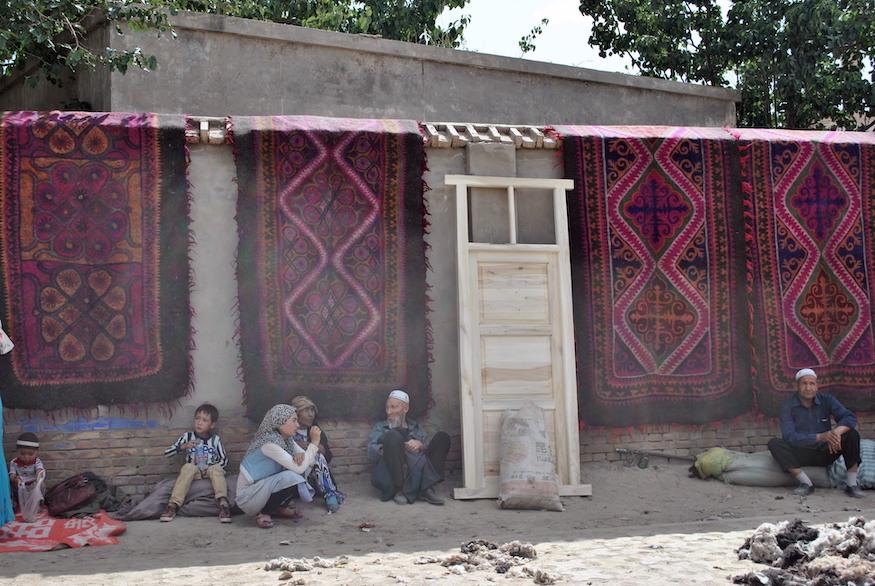
Tuesday 7 June
Palacky University Olomouc
From a ‘Kigizchi’ to a ‘legal Haji’: forms of capital and its cycle in rural Kashgar
From 1980, although China’s return to market policies brought economic growth to the country, people in rural communities faced many different challenges and disadvantages. In rural Uyghur communities in Xinjiang, where craftsmanship and craft production were the second most common profession after farming, the popularity of industrialized and cheap, factory-made craft products led the social and cultural position of craftsmen started to become devalued. Felt-making and felt-makers (kigizchi) were one of the social sectors affected by this devaluation. Nevertheless, a limited number of them were still able to improve their economic and social status.
Focusing on a specific felt-maker from rural Kashgar, I analyze the different forms of capital available to him and explore the process of how he acquired, accumulated and converted these forms of capital, first through the state education system and then, in order to keep his increased capital inside the family, through the kinship system.
Even though felt-making is considered a male profession in the Uyghur community, I will also discuss the role of women in this accumulation of capital as well as their position in the felt-making profession, which is considered a male activity in the Uyghur community.
I will argue that for a felt-maker in rural Xinjiang, the issue is not only the accumulation of social and economic capital, but also the need to ensure political safety. However, that political safety is strongly reliant on the political environment of the region and can have a negative effect on people’s lives.
Keywords: Kashgar; rural crafts; felt-making; forms of capital; policy; political safety.
